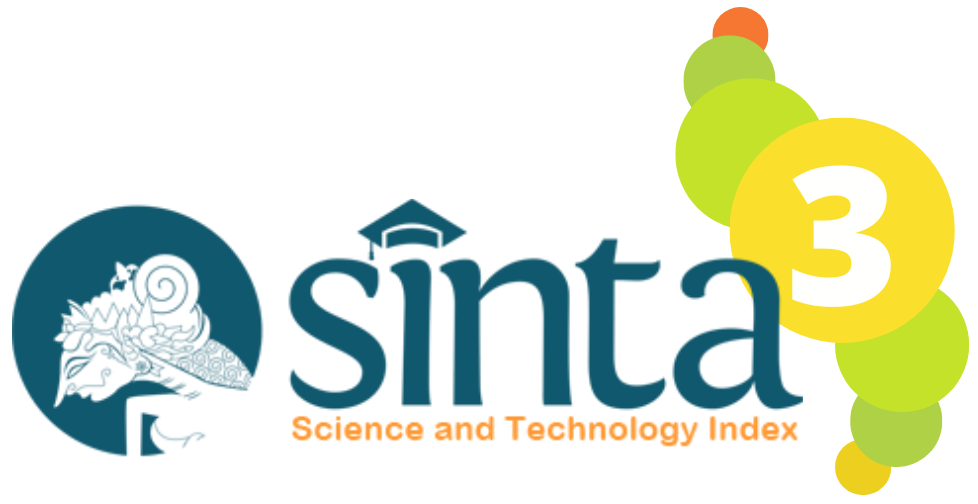UJI AKTIVITAS ANTIBAKTERI Streptococcus mutans PENYEBAB KARIES GIGI PADA Family Zingiberaceae DAN Myrtaceae SECARA SISTEMATIKA REVIEW
DOI:
https://doi.org/10.36423/pharmacoscript.v3i2.525Keywords:
Karies gigi, Streptococcus mutans, Zingiberaceae, MyrtaceaeAbstract
Karies gigi merupakan penyakit infeksi yang disebabkan oleh demineralisasi emil dan dentin yang erat hubungannya dengan konsumsi makanan kariogenik. Terjadinya karies gigi akibat peran dari bakteri Streptococcus mutans. Secara empiris ada 50 tanaman yang mempunyai aktivitas sebagai antibakteri terhadap Streptococcus mutans. Sebagian besar berasal dari famili Zingiberaceae dan Myrtaceae Tujuan penelitian ini yaitu mengetahu metabolit sekunder yang terkandung didalam rimpang bangle, mengetahui perbedaan aktivitas antibakteri terhadap Streptococcus mutans dari famili Zingiberaceae dan Myrtaceae secara sistematika review serta mengetahui metode yang baik untuk pengujian aktivitas antibakteri secara sistematika review. Penelitian ini menggunakan metode sistematika review dengan 50 full text jurnal penelitian mengenai tanaman yang berpotensi sebagai antibakteri terhadap Streptococcus mutans yang sesuai dengan kriteria inklusi dan ekslusi dengan hasil akhir 15 jurnal.  Berdasakan sistematika review famili Myrtaceae memiliki zona hambat lebih besar terhadap aktivitas antibakteri Streptococcus mutans. Dari semua metode yang digunakan berdasakan sistematika review metode sumuran yang lebih baik dari pada metode cakram.Downloads
Published
2020-08-31
Issue
Section
Articles
License
Authors who publish with this journal agree to the following terms:
- Authors retain copyright and grant the journal right of first publication, with the work [SPECIFY PERIOD OF TIME] after publication simultaneously licensed under a Creative Commons Attribution License that allows others to share the work with an acknowledgement of the work's authorship and initial publication in this journal.
- Authors are able to enter into separate, additional contractual arrangements for the non-exclusive distribution of the journal's published version of the work (e.g., post it to an institutional repository or publish it in a book), with an acknowledgement of its initial publication in this journal.
- Authors are permitted and encouraged to post their work online (e.g., in institutional repositories or on their website) prior to and during the submission process, as it can lead to productive exchanges, as well as earlier and greater citation of published work (See The Effect of Open Access).









